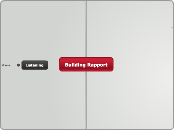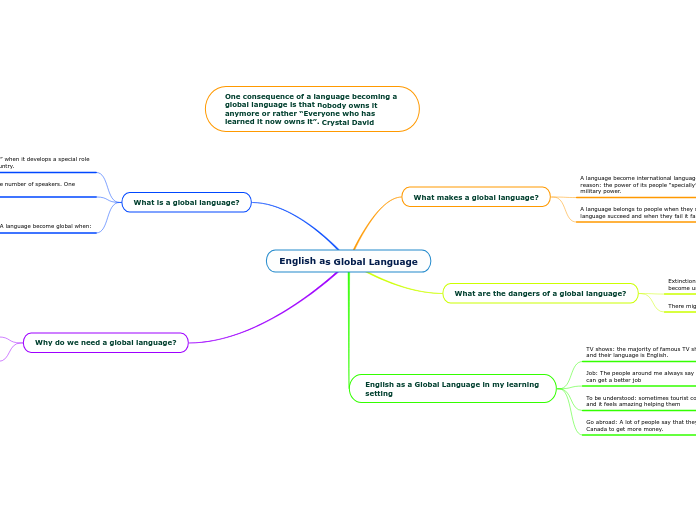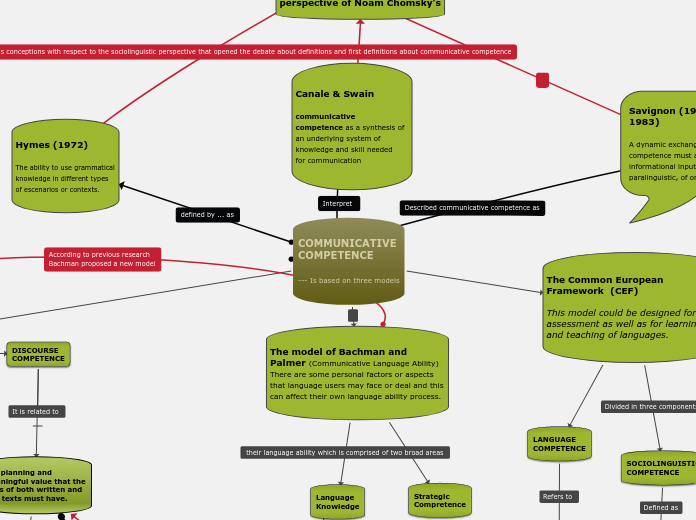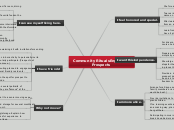Building Rapport
Listening
listening is by far the most important of all communications
Empathy Barriers
believing you're inherently correct
resorting to standardized advice
prematurely judging a statement
preparing your response
constantly making personal comparisons
Empathizing
Reduces any potential irritation resulting from misinterpretation
leads people to open
demonstrates interest, caring and sympathy
enhances the quality of interpersonal relationships in many ways
involves relating to another on such a level that you can identify with ones feelings
The 5 steps of Listening
response
may also ask questions to obtain additional information or clarity
response may be nonverbal
the meaning you assign the data will correspond w/ particular intellectual and emotional reactions
assignment of meaning
most challenging part, is to interpret the intended message of the speaker
new information is linked with existing categories and previous personal experiences
perception
educational background, personal experiences, etc..influence how you interpret information
distinguished what does and does not correspond with information you already accept as true
this is initial attempt to assess the informtion received
attention
as well as block out any distractions
must be concentrated on data to evaluate it properly
reception
including facial expressions, body language, appearance
involves admitting auditory and visual information
Assertivness
being assertive is much more effective than being demanding or not communicating at all
assertiveness is midway between being a bully and a doormat
being assertive makes you responsible for your own success
is the ability to honestly express your opinions, feelings, attitudes, and rights-without undue anxiety and in a way that does not infringe upon the rights of others
Guidelines for assertive delivery
in preparation ask yourself these questions
what supplemental body language will I use to bolster acceptance?
will I be able to respond to any diversions or associated issues while still supporting my cause?
will I potentially have to repeat my message?
can my case be more specific?
can my message be expressed more clearly?
some guidelines that will evoke proper assertive conduct and will lesson any harbored insecurity
always respect the rights of others
regulate your actions and stay focused
display corresponding body language
acknowledge and expose any diversion tactics employed by others
ask questions if things are unclear
restate or rephrase your message when disputed
express yourself in a clear, specific and direct manner
utilize a more positive inner dialogue to reinforce your courage
internally acknowledge and be honest about your feelings
Techniques
situations can call for more extreme measures, so practices should be applied
assertive inquiry/stop action
freezing the dispute and trying to expose the real problem lying underneath can properly reposition your foucs
helps restore attention to the point
defusing
allow a person to fully decompress before presenting your concerns
content to process shift
shift the focus and address the person's current behavior
switching tracks to recapture someone's attention
smokescreen
agree with some fact, but reserve the right to choose your behavior
create the illusion that you have given negative, manipulative criticism thought
repitition
don't get baited into arguements to justify logic
keep repeating your point
make clear, direct, requests
be careful to utilize facts, not personal opinions
maintain a receptive but serious facial expression, keep your voice calm, and refrain from being demanding or condescending
to facilitate acceptance, use assertive body language
a customized appraoch will weigh greatly in being effective as a communicator
quality assertive expressions are crafted by incorporating the following components and emphasizing them when neccessary
precise resolutions
explanation of the problem
empathy/validation
Function & Value
being more assertive will lead to more self-respect and happiness
to motivate ones self, patiently review the benefits and repercussions of this emotional advance
meekness sometimes overrides our ability to asseert ourselves
we fasley attribute assertiveness to past demonstrations of mere frankness or aggression
some instances where assertiveness is worthwhile
managing minor aggravations to deter resentment and/or aggression
initiating, extending, changing, or terminating the course of conversation
communicating positive expressions
offering input, making appeals, requesting favors, and advocating personal rights
becomes more natural with time
first step of being assertive is difficult
Feedback
Requirements of the workplace
Providing feedback to others
encourage empowering beliefs, attitudes, and behaviors; this will increas self-efficacy and strengthen committement
give feedback on performance quickly and often
criticism must be delivered sensitively, be supportive and not accusatory
leaving achievements unsaid may translate as disinterest
be sure to recognize and praise what an individual has accomplished before critiquing any flaws
3 issues need to be taken into consideration
the modifications that can be made for improvement
the impact that the person's addressed activity is having upon individual work, other people, you, and the organization as a whole
the other person's strengths and weaknesses
Appealing for Feedback
healthy team operations can only ensue when everyone is equally appreciated and each individual feels accountable for the decisions reached
asserting yourself early is crucial to preserving group unity
team discussions, negative feedback is inevitable
when employing feedback,some ways the air can be cleared
invite others to share feedback to discourage further polarization
emphasize the positive elements of each position and areas where both converge
intervene and provide feedback on how you perceive each opponent's position
the development of the modern workplace has increased the value and occasion for feedback
the current workplace promotes facilitation, encouragement, empowerment, motivation, and support of all employees
projects often call for a collective approach to be successful
many teams are comprised of individuals each committed to personal goals
Optimizing Feedback
ask yourself questions
what would occur if you did not give this feedback?
how likely is your feedback to have any effect?
what opinion do they hold of you?
examine your feedback and your plans for delivery
listen courteously and acknowledge any points made before advancing the conversation
gauge the speech used, and extend a similar pattern and tone
it is crucial to monitor and adapt to the emotions and responses of others
customize you approach
Soliciting Input from Others
refrain from demonstrating any negative, reflex emotions before giving the speaker/advice a chance
some detrimental behaviors
disputing details or becoming belligerent
becoming defensive
distorting the criticism
interrupting
some common constructive behaviors
show that you understand the criticism
ask for clarification
respond to words that are said
listen empathetically
interpersonal skills and behavioral knowledge can be resourced to gain valuable input from feedback
should only be solicited from people whos opinion you respect
not a sign of weakness to ask for feedback
Rudiments of effective Feedback
encourage reciprocal exchange of ideas and information
if feedback is negative, concentrate on the present, then the future-not the past
presenting powerful phrases and relevant imagery can lead to faster and better comprehension of the message
guidelines that are essential to delivering feedback effectively
project a nonjudgemental stance
impart encouragement
critique adjustable behaviors
don't put it off
be clear,specific, and objective
provide the other person the opportunity to respond
refrain from making vague, general assaults
focus on addressing specific actions or behaviors
freely presents us with opportunities for personal improvement
best developed through experience
if delivered poorly, it can elicit pain, anger, insecurity, etc.
can be either unsolicited or requested, expected or unexpected
any form of insight from an external point of view
your opportunity to mold the creation your common ground









